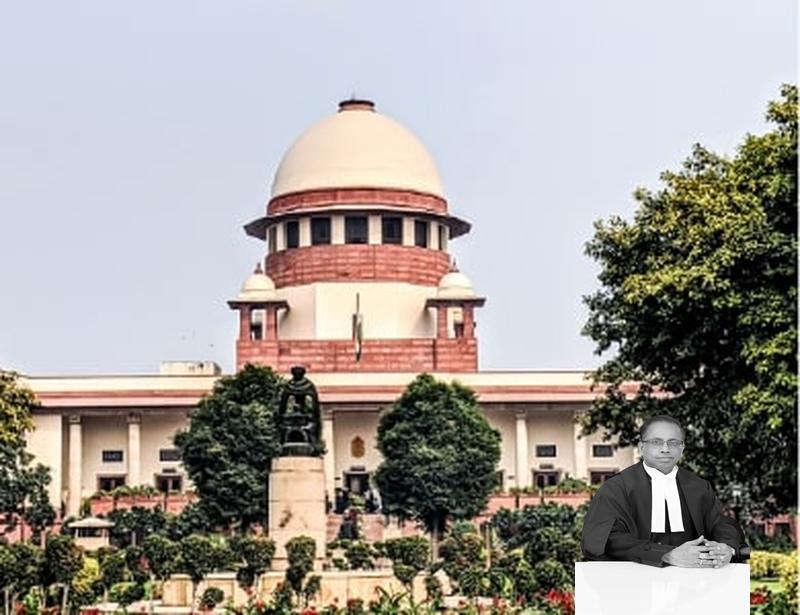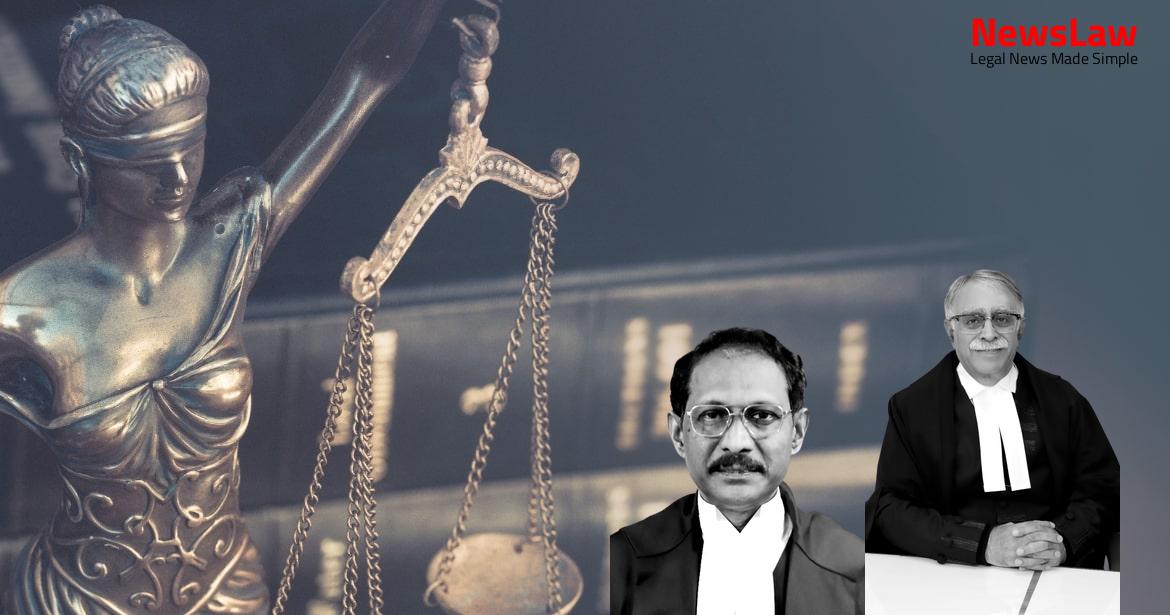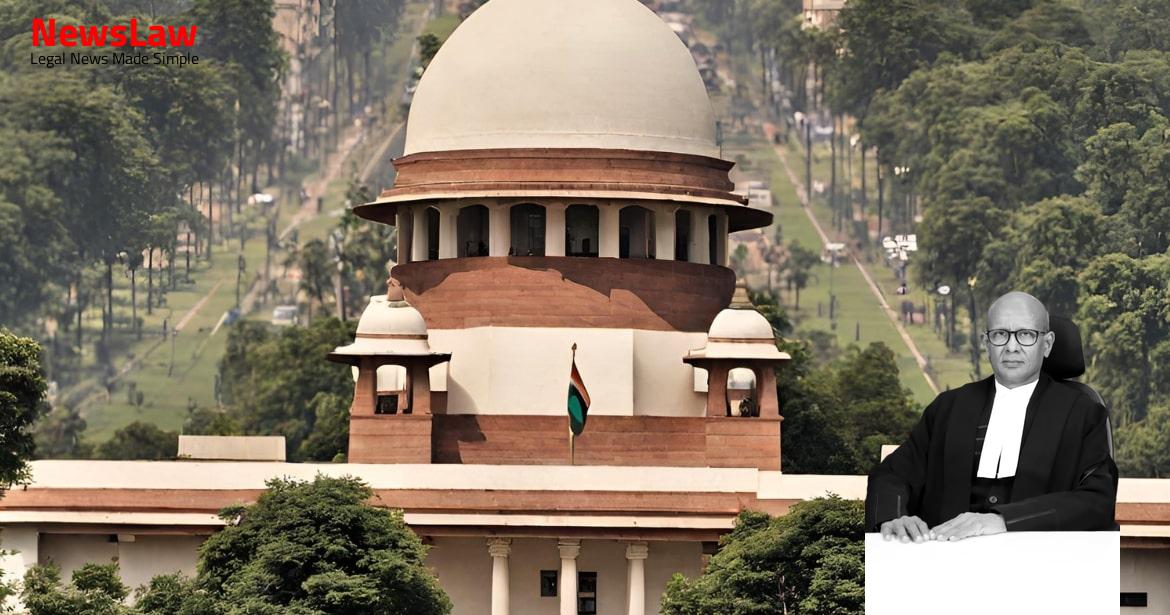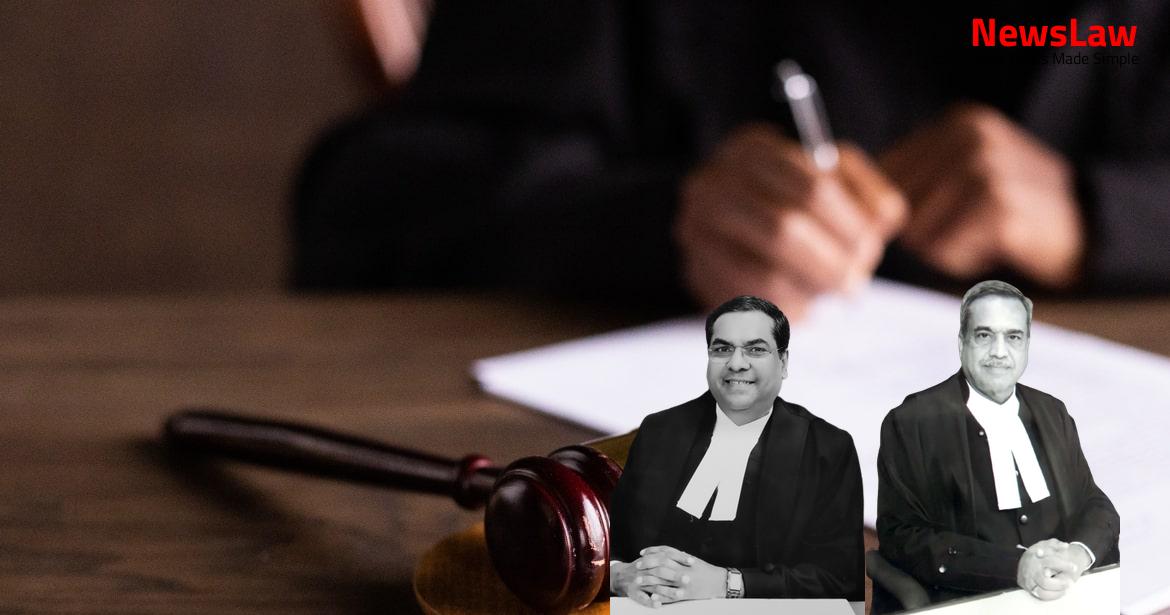They do not, however, completely estop a Court from taking note of events and circumstances which happen within the time fixed. They do not, however, completely estop a Court from taking note of events and circumstances which happen within the time fixed. Clause 2.22.0 (ix) reads as under: – (ix) L-I shall submit the demand draft/BG or FDR additional performance security in the office of the Executive Engineer, Lower Wardha Project Division, Wardha within 2 days of opening of envelope-2.
Also Read: https://newslaw.in/supreme-court/courts-analysis-in-disciplinary-case/
The technical bid was opened on 08.02.2021 when the appellant, and the first respondent herein (writ petitioner before the High Court) were found eligible. That writ petition has been allowed by the Division Bench of the High Court through the 5 impugned order wherein the High Court has held, with respect to Clause 2.22.0(ix): a) that condition prescribed in Clause 2.22.0 (ix) was mandatory since the consequences for non-compliance have also been prescribed; b) that Clause 2.22.0 (ix) is an essential condition; c) that the period for furnishing the additional performance security was earlier eight days and was consciously reduced to two days with a further condition that the said period would not be relaxed/extended under any circumstances whatsoever; d) that the tendering authority had no power under the tender document to relax/extend the time specified in a clause which warrants strict compliance.
On the basis of the above findings, the High Court held that the tender issuing authority could not have accepted the additional performance security from the appellant herein on 17.03.2021, since 17.03.2021 was the third working day from the opening of the financial bid.
The High Court should not have ventured into the question with regard to the time limit for completion of work and the extension sought by the appellant since that was a matter which would depend on the facts and circumstances that arise therein.
In this background, the primary question that arises is, whether the High Court was justified in setting aside the work order on the ground that the tendering authority had breached Clause 2.22.0 (ix) by accepting the additional performance security on 17.03.2021? The admitted facts are that after the declaration of the appellant being the L1 bidder (successful bidder) on 12.03.2021, the additional performance security was to be submitted within two days of opening of the financial bid. The High Court, in the impugned order, noticed the communication of the Branch Manager, Bank of Maharashtra – the appellant’s Bank, which had not disputed the fact that on 15.03.2021 and 16.03.2021 there was a strike of bank employees due to which there was no banking transaction on 10 these days. To reinforce their submission, the appellant had also submitted that, in Form-I of the tender document which stated about the basic information of the bidder, the appellant had mentioned the bank name and the address along with the details of its bank account. From the records of the Appeal, it is also clear that on a complaint made by the first respondent herein to the Superintending Engineer, the Superintending Engineer had written a letter on 12.04.2021 to the Executive Engineer asking for his comments on the complaint.
He further stated that since 15.03.2021 and 16.03.2021 were the days when banks were non-operational due to strike, and since the appellant deposited the additional performance security on 17.03.2021, the deposit seems to be proper and a request was made to accept the tender of the appellant. Scott, with reference to an alleged infraction of the revenue laws, must yield to that to which everything must bend, to necessity; the law, in its most positive and peremptory injunctions, is understood to disclaim, as it does in its general aphorisms, all intention of compelling impossibilities, and the administration of laws must adopt that general exception in the consideration of all particular cases.” (emphasis supplied) 21.
In Rosali (supra), the 25% bid amount under Order XXI Rule 84 of the CPC was directed to be paid the next day and it was so paid.
On that basis if we interpret the law though there is no power in the Court to extend the time fixed by the statute still the expression immediately is capable of taking within its sweep a situation where an act is impossible of performance on the day on which the auction is held as it happened in Savithramma case [ILR 1973 Kant 1277] when the bank itself was on strike and no deposit could have been made in the bank or in the event the auction-sale is held after court hours, a receipt order in that regard cannot be obtained for deposit of such an amount. It has also been held that the constitutional courts must defer to this understanding and appreciation of the tender documents by the employer unless there is mala fide or perversity in the understanding or appreciation.
We also do not find that the decision to accept the additional performance security on 17.03.2021 and the issuance of the work order was arbitrary and irrational. The facts of the present case are completely different and, as such, the said judgment is clearly distinguishable.
With regard to the submission concerning the reconstituted partnership deed and the Power of Attorney of the father, the Appellant has explained it in the counter, by stating: 20 a) that Shri D. Hence, it was contended that the filing of the earlier Partnership Deed and the Power of Attorney did not vitiate the condition of the tender process warranting disqualification.
Therefore, a court before interfering in tender or contractual matters in exercise of power of judicial review, should pose to itself the following questions: (i) Whether the process adopted or decision made by the authority is mala fide or intended to favour someone; OR Whether the process adopted or decision made is so arbitrary and irrational that the court can say: “the decision is such that no responsible authority acting reasonably and in accordance with relevant law could have reached”; 22 (ii) Whether public interest is affected. (J.K.
Case Title: M/S OM GURUSAI CONSTRUCTION COMPANY Vs. M/S V.N. REDDY
Case Number: C.A. No.-005375-005375 / 2023



